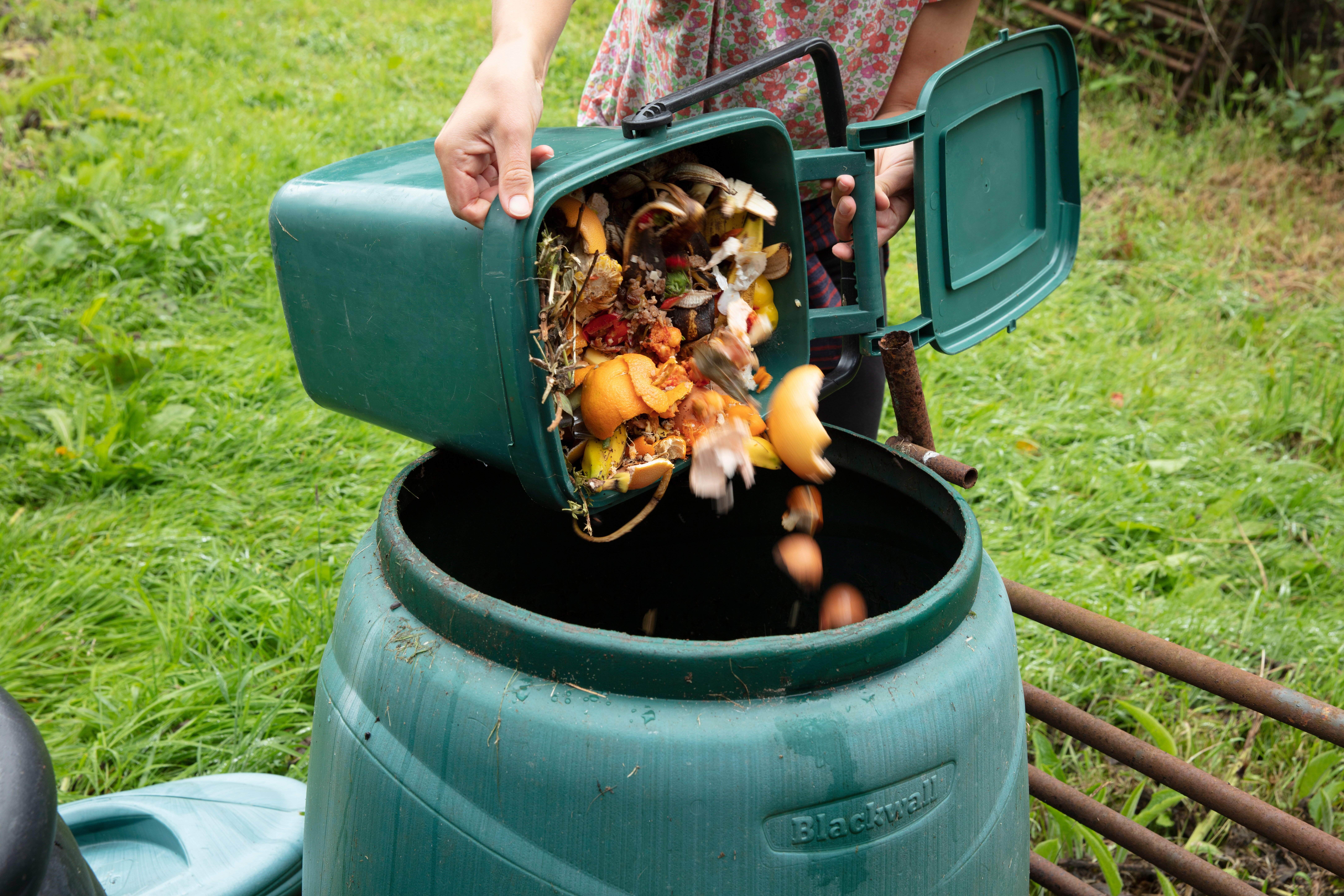Composting is the process of turning organic waste, such as food scraps and yard trimmings, into nutrient-rich soil that can be used to nourish plants and gardens. Not only does composting help to reduce the amount of waste that ends up in landfills, but it also provides numerous benefits for the environment and can help to support a more sustainable lifestyle. Here are some of the key reasons why composting is important:
Reducing waste:
Composting diverts organic waste from landfills, which can help to reduce greenhouse gas emissions and prevent the release of harmful chemicals into the environment.
Soil enrichment:
Composting creates nutrient-rich soil that can be used to nourish plants and gardens, reducing the need for synthetic fertilizers and pesticides that can be harmful to the environment.
Water conservation:
Composting can help to improve soil health and structure, which can increase water retention and reduce the need for irrigation.
Cost-effective:
Composting is a cost-effective way to reduce waste and support sustainable living, as it can be done at home using simple equipment and materials.
Community building:
Composting can also help to bring communities together around shared values of sustainability and environmental stewardship.
Incorporating composting into your daily routine is a simple way to support a more sustainable lifestyle and reduce your environmental footprint. Whether you have a backyard or a small balcony, there are composting options available to fit any space and lifestyle.
Remember folks, composting is the only time it’s okay to be hot and bothered by a pile of garbage.
~Your Neighborhood Health Dealing Nutritionist & Chef ~ K





